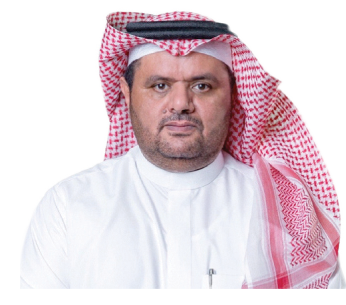LONDON: A key business output measure has hit a 19-month high in Saudi Arabia driven by new business growth but tempered by geopolitical worries.
The Emirates NBD Purchasing Managers’ Index revealed that inflows of new orders from abroad rose for the fourth month running.
However, overall business confidence in Saudi Arabia and neighboring UAE has suffered from rising regional geopolitical tensions, which has increased in recent months following attacks on shipping.
“While both output and new work increased at a solid rate in June, there was almost no change in private sector employment,” said Khatija Haque, head of regional research at Emirates NBD. “Firms remained optimistic about future output, although this component of the survey declined to the lowest level since August 2018, possibly reflecting heightened geopolitical tension in the region.”
Caught in the middle of a global trade war and regional political tensions with Iran, Gulf economies such as Saudi Arabia and the UAE are also seeking to introduce rapid economic reforms as their oil revenues come under pressure amid rising shale production in the US and faltering global demand.
The headline seasonally adjusted Emirates NBD Saudi Arabia Purchasing Managers’ Index rose to 57.4 in June, up from 57.3 in May and the highest since November 2017. A reading above 50 indicates expansion.
FASTFACT
The Saudi Purchasing Managers’ Index rose to 57.4 in June, up from 57.3 in May.
“In contrast to the headline PMI, output growth in Saudi Arabia’s non-oil private sector slowed to a three-month low during June. That said, the rate of expansion remained sharp and was broadly in line with the long-run series average,” Emirates NBD said.
June also saw a second consecutive monthly rise in average cost burdens faced by non-oil private sector businesses in the Kingdom. Despite this, the rate of inflation was fractional and eased from May.
Business confidence towards future growth prospects was strongly optimistic during June, Emirates NBD said.

Sami Al-Obaidi, chairman of the Council of Saudi Chambers.
The Kingdom is seeking to grow foreign direct investment as part of a broader economic reform push.
Sami Al-Obaidi, chairman of the Council of Saudi Chambers, told the Arab British Economic Summit in London yesterday that it was important to boost economic cooperation and investment ties with the UK.
PMI data also released yesterday for the UAE reported a decline from 59.4 in May to 57.7 in June.
Backlogs of work increased amid reports of delays in receiving payments from customers, the bank noted.
Non-oil companies remained strongly optimistic that business activity will increase over the coming year, although sentiment eased again from April’s record high.
Next year's Expo 2020 was highlighted as a key factor behind overall business optimism.














